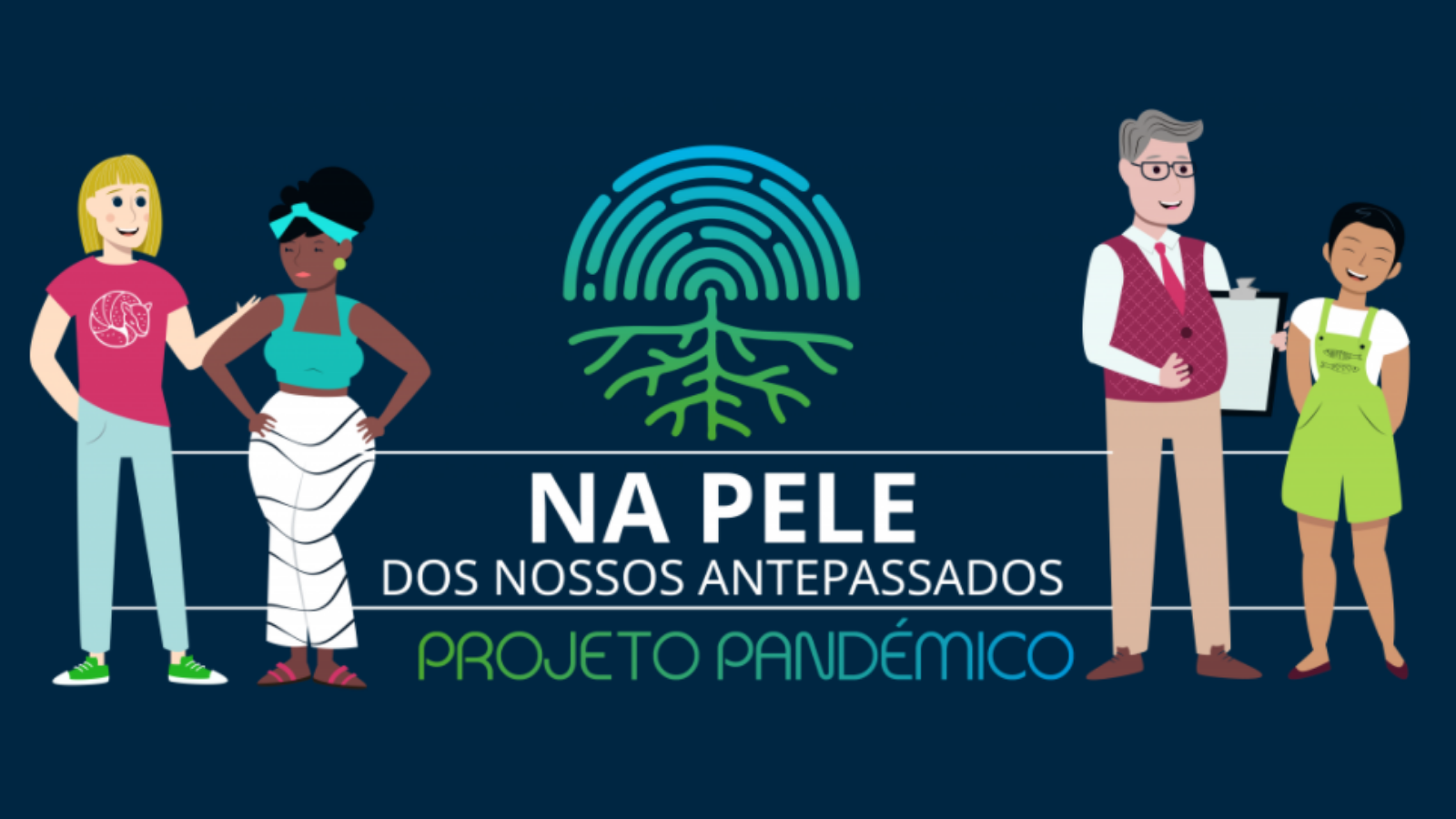The Iberarchivos Programme was one of the five selected in 2020 within the call published by SEGIB “The Programmes, Initiatives and Projects Prescribed (PIPA) for COVID-19” with the project “On the skin of our ancestors. Pedagogical resources for learning about the fight against historical pandemics through archives and lessons for children in Ibero-America in the face of COVID-19”.
According to the United Nations, in 2020, with the spread of the COVID-19 pandemic across the planet, most countries announced the temporary closure of schools, which affected more than 91% of students worldwide. According to studies on the subject and by way of example, in April 2020, around 1,600 million children and young people were out of school, i.e. never before had there been the precedent of forced absenteeism of so many schoolchildren out of regulated education at the same time. As a result, and also according to the UN, this pandemic threatens to jeopardise progress in the most vulnerable countries and groups towards Sustainable Development Goal 4: Quality Education.
As a measure to deal with this damage, in March 2020 UNESCO launched the World Coalition for COVID-19 Education, whose recommendations aim to mobilise distance education resources, always seeking equitable solutions with universal access, since the application of online education measures in the first moments of alarm did not guarantee access to them for everyone.
This crisis is causing not only changes in learning, but also significant changes in the lives of our children, especially those in the most vulnerable situations in our Ibero-American countries, including a greater awareness of the danger of certain illnesses, which can even lead to negative emotions, such as fear or anxiety about the future. While adults can cope with these emotions in a more rational way, children face totally new emotions (uncertainty, loss of freedom, fear and even the loss of loved ones) with resources not adapted to their cognitive development. However, humanity has faced similar situations on numerous occasions and has overcome them thanks to common collective endeavour and the collaboration of various actors, especially socio-sanitary profiles.
We believe that it is necessary to give this message of reassurance and confidence to children that our society will be able to cope with this pandemic, just as our ancestors did. Looking back at our history, which is preserved in the archives, can serve to bring these emotions back to the rational and reassuring view offered by knowledge.
One of the positive lessons of this pandemic, which has caused such extreme situations for the population, is to know that by working together, by pooling our efforts, we can win any battle and this is what we want our students to know from this initiative.
In this context and with the aim of generating inclusive learning opportunities for the children of Iberoamerica during this period of unprecedented and sudden educational change, the Iberarchivos programme has wanted to contribute to virtual education, based on the primary sources that we conserve in the archives of Iberoamerica, since the legacy of our ancestors is contained in the archives, a testimony to what we were and a key to understanding what we are as and will be as humanity.
The initiative is aimed at developing a bilingual microsite (Spanish/Portuguese) with educational and didactic content, interactive and downloadable, adapted to the 9-12 age group, which allows people to learn about the fight against pandemics throughout history in Iberoamerica through a selection of historical documents kept in the different archives that make up the Iberarchivos network. The theme is treated with a positive, inclusive and multicultural approach, emphasising the gender focus, since we want to clearly highlight the notorious role of women in the fight against these diseases.
Likewise, through this initiative, we also seek to contribute to the acquisition of other skills that can range from the most basic, linked to an improvement in vocabulary, deductive skills, collaborative work or the incorporation of the use of ICT in the classroom and everyday life; to bringing young people into contact with the great treasures held in archives and encouraging them to become aware of the value and function of archives today, opening up new horizons for the future and broadening their perspective.

